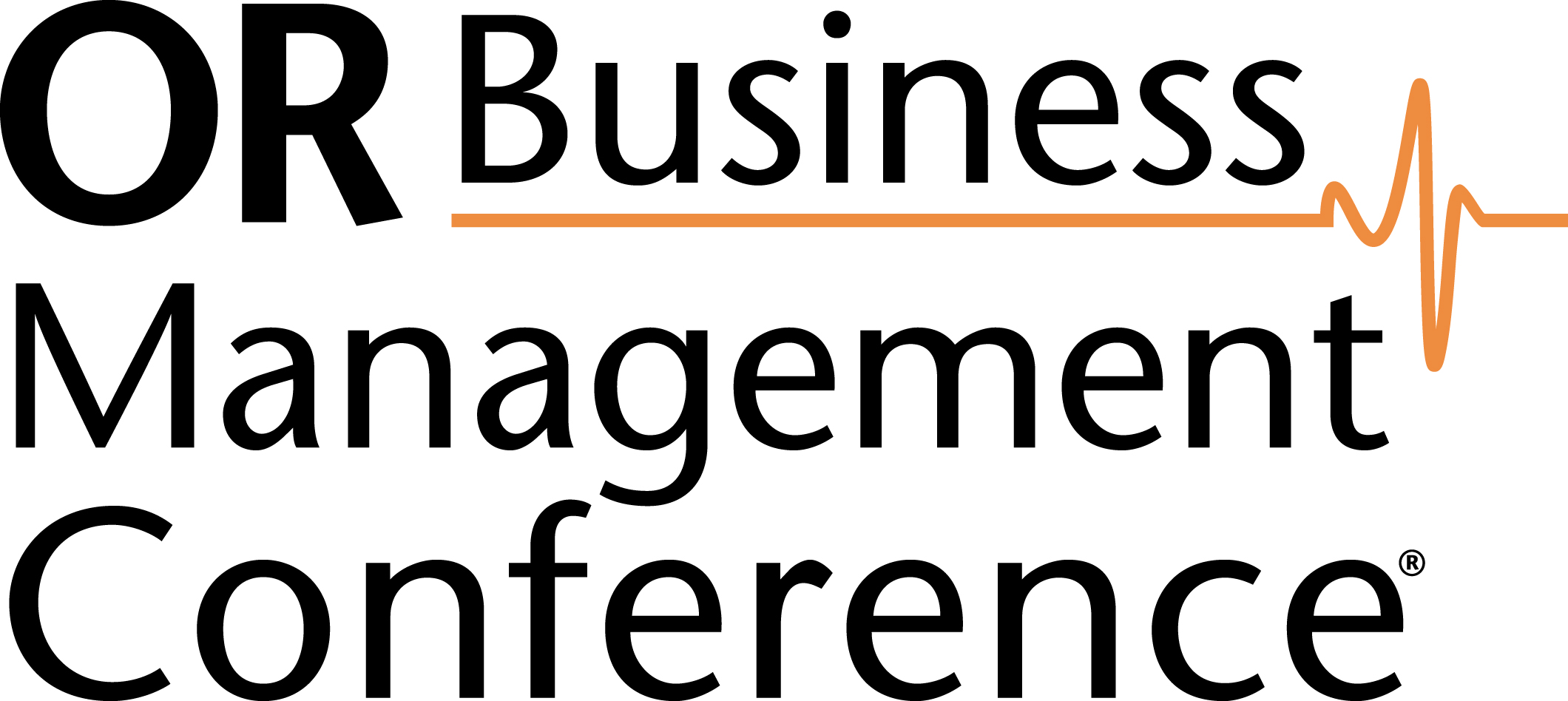Forced-air device outperforms standard endoscope drying practices, study shows

Editor's Note Authors of a recent study evaluating the effectiveness of a forced-air drying system for endoscopes argue that the results reinforce the need to re-evaluate standard drying practices. Findings were published February 24 in the American Journal of Infection Control. Wet environments resulting from inadequate drying practices can result…
Surgical scrub evolution and the future of smart medical attire

For surgeons and other medical professionals, what to wear to work is more than just an afterthought. Over the decades, surgical scrubs have undergone a significant transformation, evolving from simple, functional garments to sophisticated attire that prioritizes both comfort and infection control. They are not merely clothing but a vital…
New EPA standards to reduce ethylene oxide emissions

Editor's Note New standards from The Environmental Protection Agency promise to cut nationwide emissions of ethylene oxide—employed to sterilize more than half of US medical devices—by more than 90 percent. According to a March 15 MedPage Today report, the aim is to reduce cancer risk among the 13 to 14…
Negative pressure wound therapy reduces SSI across surgical specialties

Editor's Note Compared with standard wound dressings, single-use negative pressure wound therapy (NPWT) devices can reduce the incidence of surgical site infection (SSI) in at-risk patients with closed surgical incisions across a range of surgical specialties, according to a data review highlighted in the February issue of the American Journal…
Studies link bacteria from long nurse fingernails to lethal infections in infants

Editor's Note Without proper nail care, proper handwashing might not be enough to prevent infection and death among infants in the neonatal intensive care unit (NICU). That’s according to a February 8 report from nurse.org, which drove home the importance of following hygiene protocols by highlighting real-world evidence confirming the…
Iodine povacrylex outperforms chlorhexidine in skin antisepsis alcohol solution study

Editor's Note A recent study shows show skin antisepsis with iodine povacrylex in alcohol could result in fewer surgical-site infections among patients with closed extremity fractures than antisepsis with chlorhexidine gluconate in alcohol. Published February 1 in the New England Journal of Medicine, the study shows similar results between the…
FDA announces urgent chest drain recall
Editor's Note The FDA has announced a recall of the Atrium Express Dry Suction Dry Seal Chest Drain, a disposable device used to remove air and/or fluid from the chest cavity or mediastinum and to aid in lung expansion and breathing. The drain is being recalled by maker Maquet Cardiovascular,…
Session: Fast-forward—ECRI’s top 10 health technology hazards

Editor's Note ECRI, an independent, nonprofit organization that aims to improve the safety, quality, and cost-effectiveness of care across all healthcare settings, every year compiles and unveils a list of the top 10 technology hazards affecting patient care. The motivation for producing this list, according to Jason Launders, director of…
Surgeons design implant coating to combat infections

Editor's Note: A point-of-care, antimicrobial coating for orthopedic implants could soon make implant-associated infections a problem of the past, UCLA Health reported on January 3. Developed by two UCLA surgeons, the coating is designed to kill or slow the spread of micro-organisms in order to prevent post-surgical infections. According to…
Study: Hospital surfaces ridden with bacteria despite disinfection protocols
Editor's Note: Adherence to routine disinfection procedures may not be enough to prevent potentially harmful bacterial contamination of high-touch hospital surfaces, according to findings published January 10 in the American Journal of Infection Control. Manikins, bed rails, and workstations-on-wheels were the most contaminated surfaces. The study involved sampling and culturing…

 Free Daily News
Free Daily News